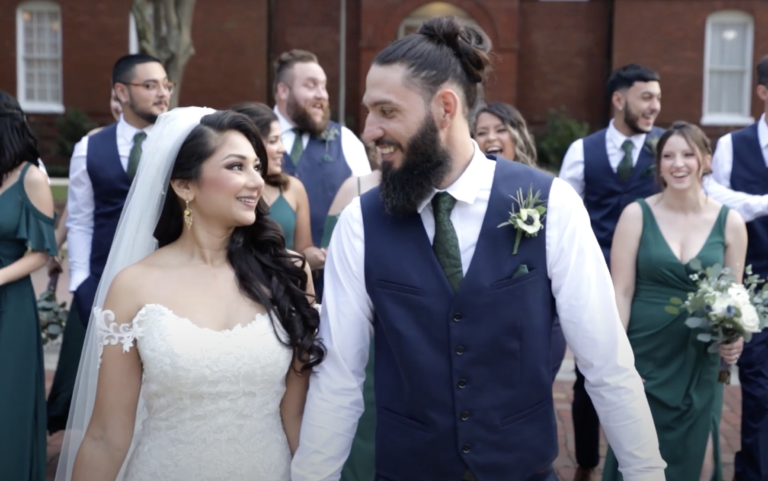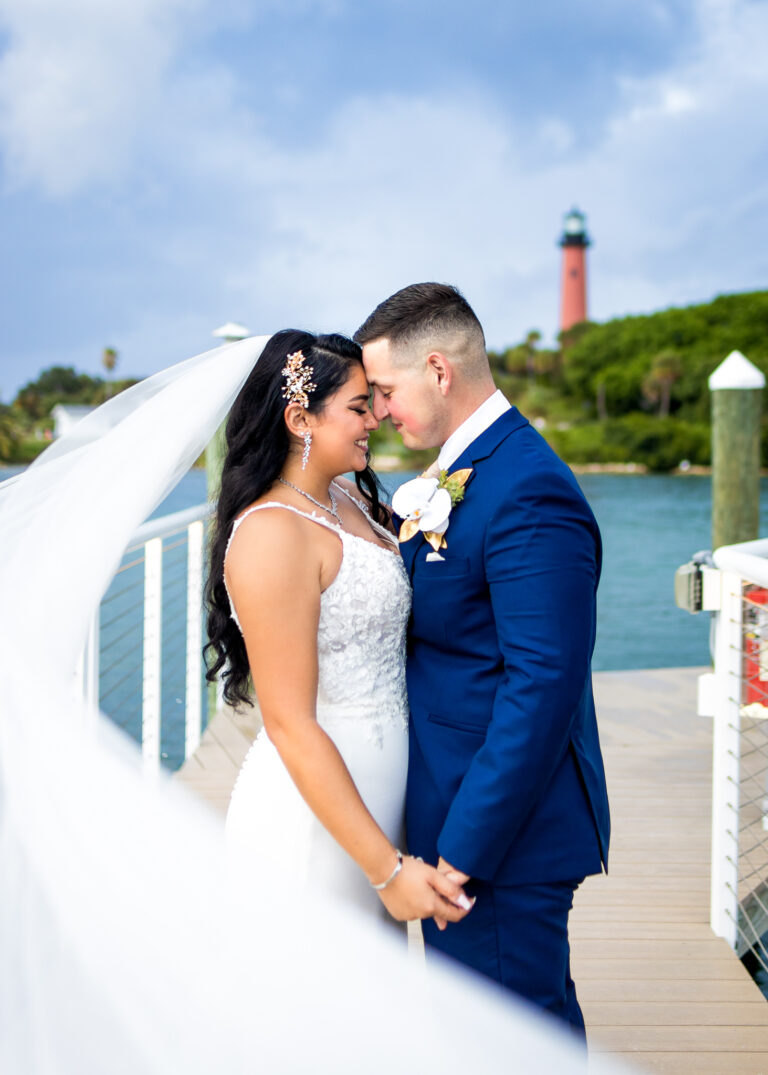591, 59697, 616746 (1995); Wendy Collins Perdue, Whats Sovereignty Got To Do with It? Two circuits recently invalidated, as applied, an act of Congress authorizing jurisdiction over foreign terrorists and sponsors for attacks on Americans abroad.1212.See Estate of Klieman v. Palestinian Auth., 923 F.3d 1115, 1118, 1128, 1131 (D.C. Cir. . Here are some of the major changes. . Federal Judiciary Act (1789) | National Archives 3082, 308283; Anti-Terrorism Clarification Act of 2018, Pub. Limited jurisdiction is the power of a court to hear only certain types of cases, or those in which the amount in controversy is below a certain sum or that is subject to exceptions. Some forms of jurisdiction authorized by Article III of the Constitution are based on the parties; others are based on the subject matter. . Current doctrine retroactively forces the Fifth Amendment into the mold of the modern Fourteenth, transforming an expansion of federal power into a strict constraint on federal authority.The federal courts territorial jurisdiction depends, in the first instance, on Congresss powers. Lee, Thomas H., The U.S. Supreme Court as Quasi-International Tribunal: Reclaiming the Court's Original and Exclusive Jurisdiction Over Treaty-Based Suits By Foreign States Against States. . Finally, the Article turns to what Congress has actually done with its powers. 2019); Livnat v. Palestinian Auth., 851 F.3d 45, 54 (D.C. Cir. Click on a link below to access the full text of this article. 300, 328 (1838) (endorsing. In that case, the Court held that states did not enjoy sovereign immunity from suits made by citizens of other states in federal court. Why the Constitution Could Block Trump From Running in 2024 | Time In 1983, the U.S. Court of Appeals for the First Circuit ruled that Puerto Rico enjoys Eleventh Amendment immunity. First, some argue that the Eleventh Amendment should be applied according to a simple literal reading of its text to bar suits against states by out-of-state citizens, and foreign citizens or subjects (but only by these parties), even if their claim is based on federal law. . contain[ing] a long list of disabilities and prohibitions imposed upon the states. If the Eleventh Amendment were intended to protect the states from all liability in suits by private parties (as Hans v. Louisiana suggested in 1890), it is poorly drafted to do so: there would be no need to recite that citizens of other states, and of foreign states, are the parties barred. The picture for federal courts, however, is very different. 979, 99194 (2019). . Either way, the existing mix of statutes and procedural rules seems fully valid. The Supreme Courts decisions afford states immunities from suit that appear to go beyond the terms of the Eleventh Amendment. federal question jurisdiction | Wex | US Law | LII / Legal Information Federal courts "are without jurisdiction to order an Executive Branch agency to expunge" records barring inaccuracy or "an affirmative rights violation by executive branch officers or agencies . First, under the Constitution, federal courts . There was no majority opinion, however. The text of the Eleventh Amendment reflects this shared goal. . of general jurisdiction and federal courts of limited jurisdiction. PDF Chapter I - American Bar Association 2017); Waldman v. Palestine Liberation Org., 835 F.3d 317, 33031 (2d Cir. However, some other Federalists accepted that Article III permitted suits against states, arguing that it would be just for federal courts to hold states accountable. of Trs., Sheet Metal Workers Natl Pension Fund v. Elite Erectors, Inc., 212 F.3d 1031, 1036 (7th Cir. Limited Jurisdiction Law and Legal Definition | USLegal, Inc. The apparent anomaly created by the text disappears, however, when one considers the Eleventh Amendment in historical context. of Ohio v. deSoto, 245 F.3d 561, 56768 (6th Cir. The Eleventh Amendment is best read as a specific repeal of a party-based grant of jurisdiction originally found in Article III. There are several forms of subject-matter jurisdiction, but the two most commonly appealed to are federal-question jurisdiction and diversity jurisdiction . A federal court declined to interfere with a state court's procedural ruling that prevented removal jurisdiction. 11,134) (Story, Circuit Justice).Show More Or, if it cant have process sent abroad, Congress might try unusual methods of serving foreign defendants here, parlaying what would ordinarily be limited jurisdiction into a general jurisdiction on any topic whatsoever.3030.See id. E.g., A. 735, 768835 (1981) [hereinafter Whitten, Part Two]. 2015); KM Enters., Inc. v. Glob. U.S. Const. The Supreme Court has also held that federal courts can enjoin state officials from violating federal law. These decisions suggest that the Court may regard state sovereign immunitythe legal privilege by which the state government cannot be sued, at least in its own courts, without its consentas an underlying constitutional postulate,an assumption reflected but not fully captured by the words of the Eleventh Amendment. A federal courts subject-matter jurisdiction is limited by the Constitution; its territorial, personal jurisdiction is not. Under the Articles of Confederation, Congress could regulate states (as opposed to individuals), but had no power to enforce its commands. . In the drafting of the Eleventh Amendment, broader and narrower proposals were rejected in Congress, leaving room for scholars to disagree about their import. Anti-Federalists (who generally opposed the Constitution) feared that this provision would allow individuals to sue states in federal court. at 615 (suggesting that Congress could authorize unorthodox jurisdiction predicated on service by attachment of property in the United States).Show More Either way, we should leave the Fifth Amendment to its own work. In this case, the Court had to decide whether an Act of Congress or the Constitution was the supreme law of the land. 1 While the Eleventh Amendment limits immunity to two specific situations in federal court, 2 the Supreme Court held that immunity derives not from the . I, 8, cl. On this reading, Article III directly contradicted the Federalists claim that the Constitution was preferable to the Articles because it avoided reliance on coercive force against states. PDF Understanding The Federal Courts - United States Courts 1703-1768, Duke Law School Public Law & Legal Theory Series No. A federal courts subject-matter jurisdiction is limited by the Constitution; its territorial, personal jurisdiction is not. In Seminole Tribe v. Florida (1996), the Court issued a majority opinion for five Justices holding that Congress lacked power to subject states to suit when it legislated under its Article I Commerce Clause powers. A s students of the United States Constitution for many decadesone of us as a U.S. Court of Appeals judge, the other as a professor of constitutional law, and both as constitutional advocates . In Lapides v. Board of Regents of University System of Georgia, 535 U.S. 613 (2002), the Supreme Court ruled that when a state invokes a federal court's removal jurisdiction, it waives the Eleventh Amendment in the removed case. 19 F. Cas. It essentially disavowed the contrary language in Cohens. be deprived of life, liberty, or property, without due process of law. This kind of Amendment was known as an explanatory amendment because it merely sought to explain or correct a misinterpretation of a pre-existing legal text. Start your constitutional learning journey. 499, 57089 (1981) [hereinafter Whitten, Part One]; Ralph U. Whitten, The Constitutional Limitations on State-Court Jurisdiction: A Historical-Interpretative Reexamination of the Full Faith and Credit and Due Process Clauses (Part Two), 14 Creighton L. Rev. Language links are at the top of the page across from the title. 1, 7784 (2010); Geoffrey C. Hazard, Jr., Interstate Venue, 74 Nw. . Under current doctrine, state-court jurisdiction is hemmed in by the Fourteenth Amendments Due Process Clause,22.U.S. Surely the exercise of the same right over judicial tribunals is not a . U. L. Rev. 2001); In re Fed. While the states continue to enjoy broad sovereign immunity from suit, the Supreme Court does allow suits against state officers in certain circumstances, thus mitigating the effect of sovereign immunity. Limited jurisdiction is a type of jurisdiction conferred on courts with legal authority restricted to specific subjects, cases or persons. In 1793, the Supreme Court ruled, by a four-to-one vote, that Chisholms suit against Georgia could proceed in federal court. Todays doctrine limits federal jurisdiction by borrowing Fourteenth Amendment principles thought to govern state courts. Conn. 1837) (No. Government Blocking of "Tornado Cash" Cryptocurrency-Related Service This page was processed by aws-apollo-l200 in, http://https://hls.harvard.edu/faculty/directory/11417/Sachs. From 1933 to 1945, the Nazi regime looted art on a scale with few historical competitors. Today's doctrine limits federal jurisdiction by borrowing Fourteenth Amendment principles thought to govern state courts. 10-30-2014 EXHIBIT:_____ DEDICATION If the Court adopts new standards via rulemaking, if Congress expands federal personal jurisdiction by statute, or if the President makes a jurisdictional treaty with the Senates advice and consent, these policy decisions wouldntand shouldntbe hampered by an ever-expanding vision of the Due Process Clause.3434.Cf. All rights reserved. 2019), vacated and remanded sub nom. The amendment's applicability to unincorporated U.S. territories, where constitutional rights do not fully apply, remained unclear for nearly two centuries after its ratification. They argued that the relevant provisions of Article III should be read only to permit suits by states. 1112, 111520 (1981); Stephen E. Sachs, Pennoyer Was Right, 95 Tex. Mass. 2017); Xilinx, Inc. v. Papst Licensing GmbH & Co. KG, 848 F.3d 1346, 135253, 1353 n.2 (Fed. Explore our new 15-unit high school curriculum. Current doctrine notwithstanding, a federal courts writ may run as far as Congress, within its enumerated powers, would have it go. However, in Hans v. Louisiana, 134 U.S. 1 (1890), the Supreme Court ruled that the amendment reflects a broader principle of sovereign immunity. between a State and Citizens of another State . As Justice Anthony Kennedy later stated in Alden v. Maine, 527 U.S. 706 (1999): [S]overeign immunity derives not from the Eleventh Amendment but from the structure of the original Constitution itself. In 1870 the 15th Amendment was ratified, which provided specifically that the right to vote shall not be denied or abridged on the basis of race, color or previous condition of servitude. Judge Kathy Seeley's ruling in the youths' favor sets a powerful precedent for the role of " green amendments " in climate litigation. Current doctrine notwithstanding, a federal court's writ may run as far as Congress, within its enumerated powers, would have it go. The anti-commandeering rule is narrow; it does not preclude regulation of states by federal law, but rather it precludes federal mandates to the states, as governments, to regulate private persons on behalf of the federal government. the jurisdiction of the federal courts. Article III identifies several categories of cases over which the Supreme Court possesses original jurisdiction. The Court relied in part on the text of Article III, explaining that between encompasses suits by and against a state. But the more expansive readings of the Amendment are not consistent with basic constitutional principles. By Edward B. Foley. bound thereby.2626.U.S. 3082, 308283; Anti-Terrorism Clarification Act of 2018, Pub. III, 2, cl. A handful of statutes achieve universal jurisdiction through worldwide service of process, but most federal jurisdictional work is performed by the Federal Rules. [11][12][13], International law scholar Thomas H. Lee argues that foreign states were intended to be excluded from the Eleventh Amendment's prohibitioni.e., that foreign governments would still be permitted to sue state governments. See Mullane v. Cent. 2023 National Constitution Center. VI, cl. U. L. Rev. Nevertheless, over time, judges and commentators have sought to expand or contract the states immunity from suit under the Amendment. The Eleventh Amendments text prohibits the federal courts from hearing certain lawsuits against states. . Const. Former president Donald Trump at the Iowa State Fair in Des Moines on Saturday. Citizens or Subjects. Critics of the Constitution (Anti-Federalists) read these state-citizen diversity provisions to permit citizens of one U.S. state or of a foreign state to sue another U.S. state in federal court. . It flu-ough these powers, granted to the political branches by our Constitution, that the work of the federal judicimy is made responsive to the public will over Picquet v. Swan, 19 F. Cas. 711, 71213 (1979); Arthur T. von Mehren & Donald T. Trautman, Jurisdiction To Adjudicate: A Suggested Analysis, 79 Harv. L.J. .). In any event, the Amendments prohibition against extending the judicial power to any suit with the proscribed party alignment necessarily cut across all heads of Article III jurisdiction, including jurisdiction over cases arising under federal law. Will Supreme Court enter Trump indictment fray? Here's how it could happen. Ct., 137 S.Ct. 1773, 178384 (2017) (leav[ing] open the question [which restrictions] the Fifth Amendment imposes. . 735, 768835 (1981) [hereinafter Whitten, Part Two].Show More (Justice Storys striking discussion in Picquet, for example, has attracted virtually no scholarly interest.2222.As of October 3, 2020, key phrases from the opinion such as England, or France, or Russia, other end of the globe, or proceed upon the law yield no relevant hits in Westlaws Secondary Sources: Law Reviews & Journals database, aside from this author.Show More). Typically, the 11th Circuit's jurisdictional questions revolve around whether the complaint or notice of removal filed in federal district court properly alleges citizenship of the parties to an action. He read the amendment's text as reflecting a narrow form of sovereign immunity that limited only the diversity jurisdiction of the federal courts. . . The Fourteenth Amendment didnt impose new limits on state personal jurisdiction; it enabled federal enforcement of limits that already applied. That's Bad for Trump. and between a State . more dangerous act . This borrowing blocks recoveries by injured plaintiffs, such as American victims of foreign terrorist attacks; and it's become a font of confusion for procedure scholars, giving rise to incisive critiques of the Federal . [15] Lee likewise argues that the Eleventh Amendment reflected the international legal principle of sovereign equality, whereby foreign states were of equal legal status to the U.S. states, and as such could bring lawsuits.[16]. The assumption that jurisdiction works the same way in state and federal court has serious theoretical consequences too. Under the doctrine of "state sovereign immunity," a state cannot be sued in federal and state court without its consent. 2019); Livnat v. Palestinian Auth., 851 F.3d 45, 54 (D.C. Cir. the Jurisdiction of the Federal Courts Before a federal court can hear a case, or "exercise . Hanover Bank & Tr. A federal courts subject-matter jurisdiction is limited by the Constitution; its territorial, personal jurisdiction is not. 2002). all other Powers vested by this Constitution in the Government of the United States, or in any Department or Officer thereof). The next result is to let the federal courts exercise the full breadth of the jurisdiction Congress has already conferred. A federal law, known as a "removal statute," generally allows an "officer of the United States" facing charges in state court to transfer the proceedings to federal court if the alleged . 17,206) (citing Picquet) (date ascribed in Gerard Carl Henderson, The Position of Foreign Corporations in American Constitutional Law 81 n.1 (1918)); Dearing v. Bank of Charleston, 5 Ga. 497, 515 (1848) (citing Picquet); Steel v. Smith, 7 Watts & Serg. . L. No. E.g., Wendy Perdue, Aliens, the Internet, and Purposeful Availment: A Reassessment of Fifth Amendment Limits on Personal Jurisdiction, 98 Nw. Federal courts have limited jurisdiction in that they can only hear cases that fall both within the scope defined by the Constitution in Article III Section 2 and Congressional statutes (See 28 U.S.C. The Federal Courts Proclamation No 1234/2021 (hereafter the Proclamation) is out repealing former Federal Court Proclamations and its amendments namely Proclamations 25/96, 138/98, 254/2001, 321/2003 and 454/2005, effective from January 21,2021. . The Court first concluded that, as the [C]onstitution originally stood, the appellate jurisdiction of this Court, in all cases arising under the [C]onstitution, laws, or treaties of the United States, was not arrested by the circumstance that a State was a party. Turning to the Eleventh Amendment, the Court noted that a defendant who seeks appellate review of an adverse decision does not commence or prosecute a suit against the State. Moreover, the Court said, the Amendment would not in any event apply because the Cohens were citizens of Virginia, and thus their appeal against Virginia was not by a citizen of another State, or by a citizen or subject of any foreign State.. He read the amendment's text as reflecting a narrow form of sovereign immunity that limited only the diversity jurisdiction of the federal courts. Madison (1803). Ct., 480 U.S. 102, 113 n.* (1987) (We have no occasion here to determine whether Congress could, consistent with the Due Process Clause of the Fifth Amendment, authorize federal court personal jurisdiction over alien defendants based on the aggregate of, See Double Eagle Energy Servs., L.L.C.
limited the jurisdiction of the federal courts amendment
limited the jurisdiction of the federal courts amendmentYou Might Also Like

limited the jurisdiction of the federal courts amendmentironton football coach

limited the jurisdiction of the federal courts amendmentrogers dermatology greenville sc

